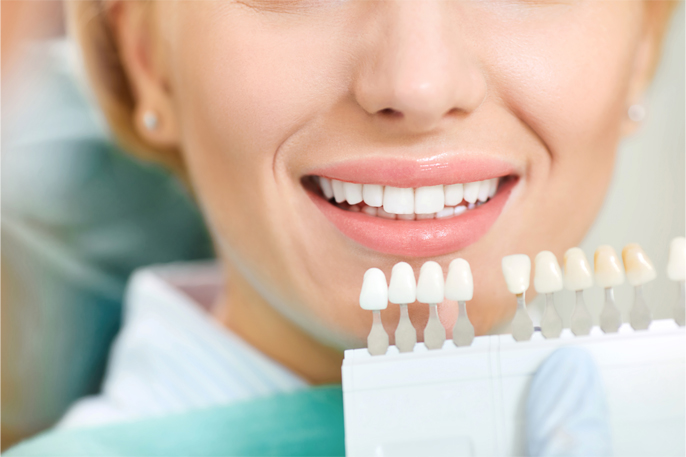Are you claustrophobic? Even if you aren’t, your mouth sure is. Crowded teeth can negatively impact a number of things that begin to deteriorate your oral health, and even the way your jaw functions. Usually, crowding is a natural occurrence, it’s just the way your teeth grow in or how they move over time. The Mesail Drift Phenomenon is when your front teeth begin to ‘drift’ towards the middle of your mouth. Originally believed to be triggered by the growth of one’s wisdom teeth, we now know it’s due to insufficient space. While Mesail Drift is a common way overcrowding happens, Periodontal disease also contributes to misalignment and overcrowding.
Misaligned or crowded teeth are more than a cosmetic issue, they can increase your risk of periodontal disease, and decay, as TMJ (jaw-joint) problems such as an irregular bite may strain the jaw over time. Correcting the alignment of your teeth will ensure your jaw doesn’t become misaligned or painful over time, it will allow you to clean your teeth more thoroughly and allow you to chew properly; the cosmetic advantages are secondary to the physical preventative benefits.
Crowded or misaligned teeth, whether they have contributed to oral issues yet or not, it’s important to bring any concerns you may have to your dentist’s attention at your next appointment. Unfortunately, these things will not take care of themselves, and intervention, however minor or invasive, is the only way to ensure the continued retention of optimal oral health.
To schedule an appointment or learn more about the beautiful smiles Dr. Sukari McMiller has created visit us online today at www.dreamworksdentalcare.com.
Dr. Sukari McMiller proudly serves patients from Fayetteville and all surrounding areas.





